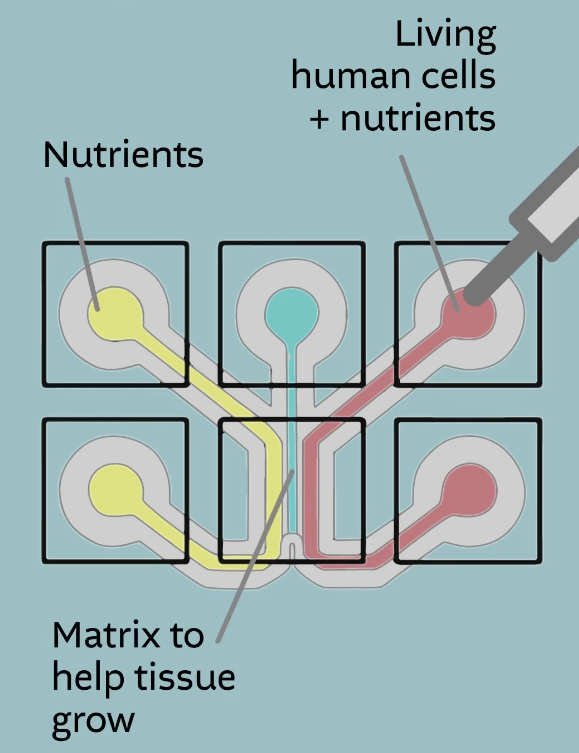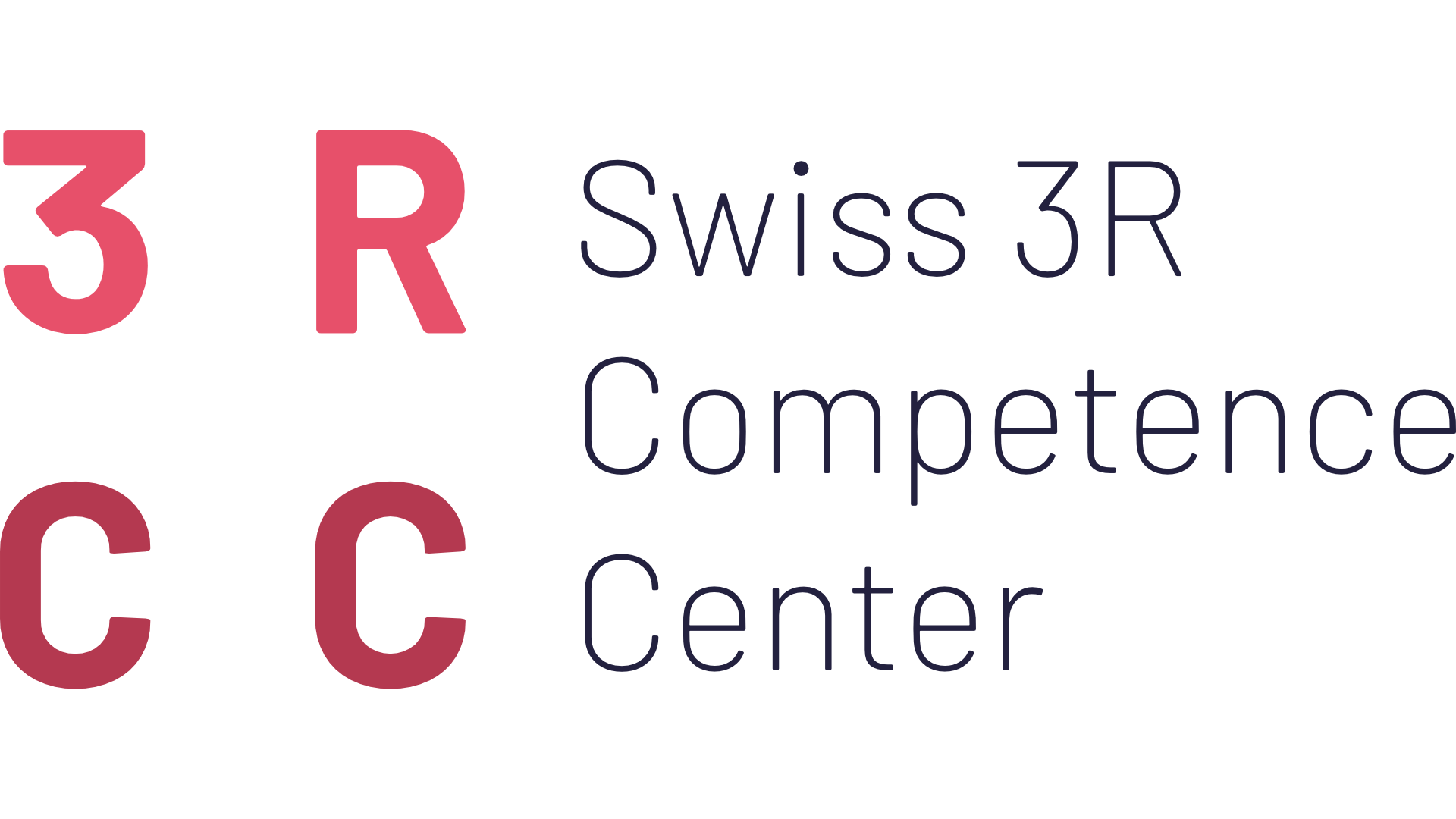CELEBRATING INNOVATION IN THE 3Rs: Young Investigator Award 2024
Each year, the Swiss 3RCC recognises outstanding contributions to the advancement of the 3Rs (Replacement, Reduction and Refinement) of animal experimentation, through its annual awards. In 2024, the Young 3Rs Investigator Award was presented to Dr. Duygu Yazici for her work in creating human-relevant in vitro models using organoid and organ-on-a-chip technologies.
HOW DO WE KNOW IF SOMETHING MIGHT BE TOXIC TO HUMANS?
When developing new treatments for human diseases, it’s not only important to test whether they work, we also need to understand if they could be harmful to our cells. Traditionally, animals have been used to assess toxicity, but these tests don’t always reflect how human biology responds. Wouldn’t it be better if we could test this directly in human-like tissue, without using live animals?
Dr. Yazici’s research focuses on developing organoids (lab grown tissue that mimics specific organs in structure and function) derived from human stem cells. Stem cells are cells that have the unique ability to develop into various specialised cell types. By combining these with devices that allow for tissue to be grown from cells in a lab, known as organ-on-a-chip systems, she has succeeded in creating models that closely mimic human organ function. These methods represent powerful alternatives to traditional animal testing, especially in the field of toxicology.

An organ-on-a-chip system with channels for the different aspects (tissue, nutrients for the tissue and structure for the cells to grow on).
Her models are already making a significant impact. Not only do they offer data that is more relevant to humans, but they also directly contribute to the implementation of methods that do not use animals (known as New Approach Methodologies (NAMs)). This is further helping to reduce future reliance on animal use in biomedical research.
The results of her work have been published in high-impact journals and have sparked collaborations with institutions in Switzerland and internationally, demonstrating both scientific excellence and a strong commitment to dissemination and adoption of the 3Rs across the research community.
“Our innovative model not only adheres to the 3R principle,” said Dr. Yazici, “but also provides critical insights into the molecular and cellular toxicity and regulation of environmental chemicals. This research is pivotal in developing less toxic products and exploring new therapeutic approaches to combat related diseases.”
We congratulate Dr. Yazici on this well-deserved recognition and look forward to seeing the continued impact of her work. To learn more, watch the three shorts we made about her work.
